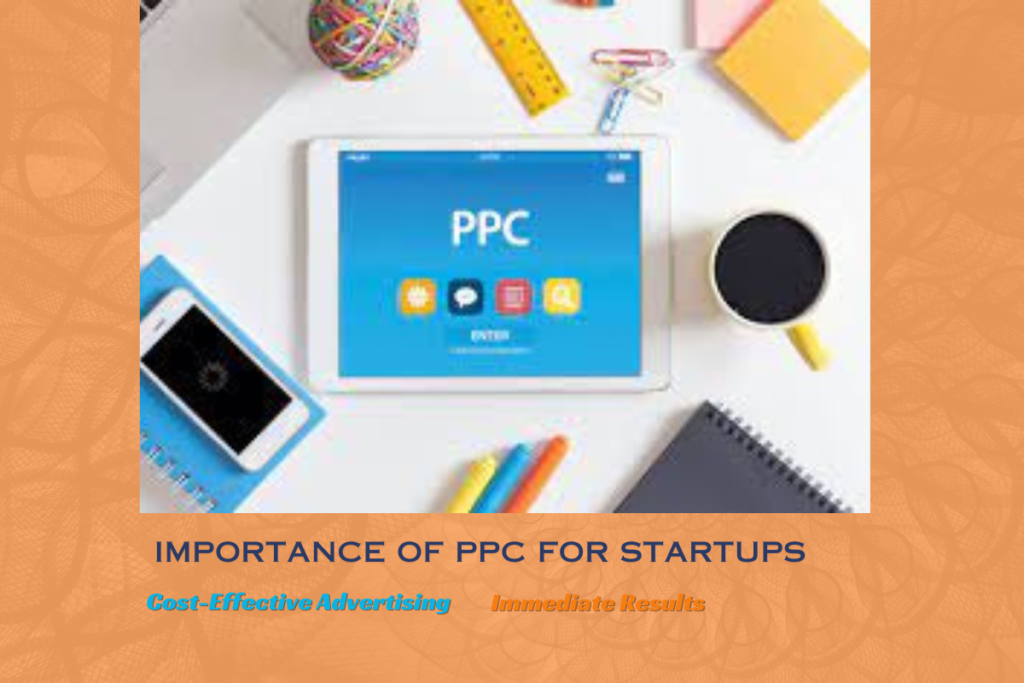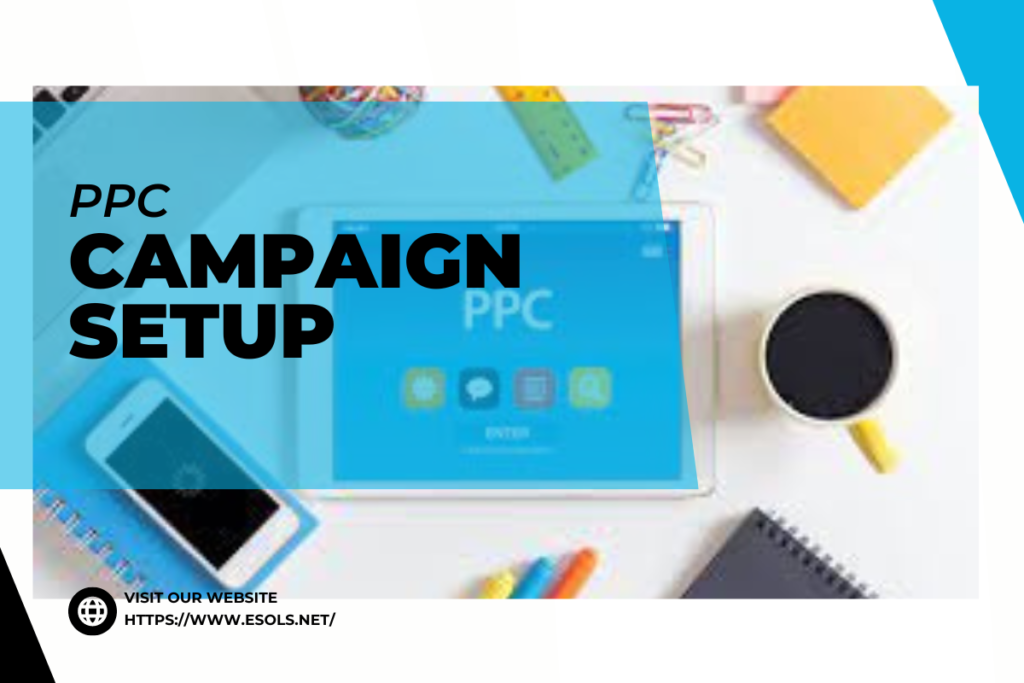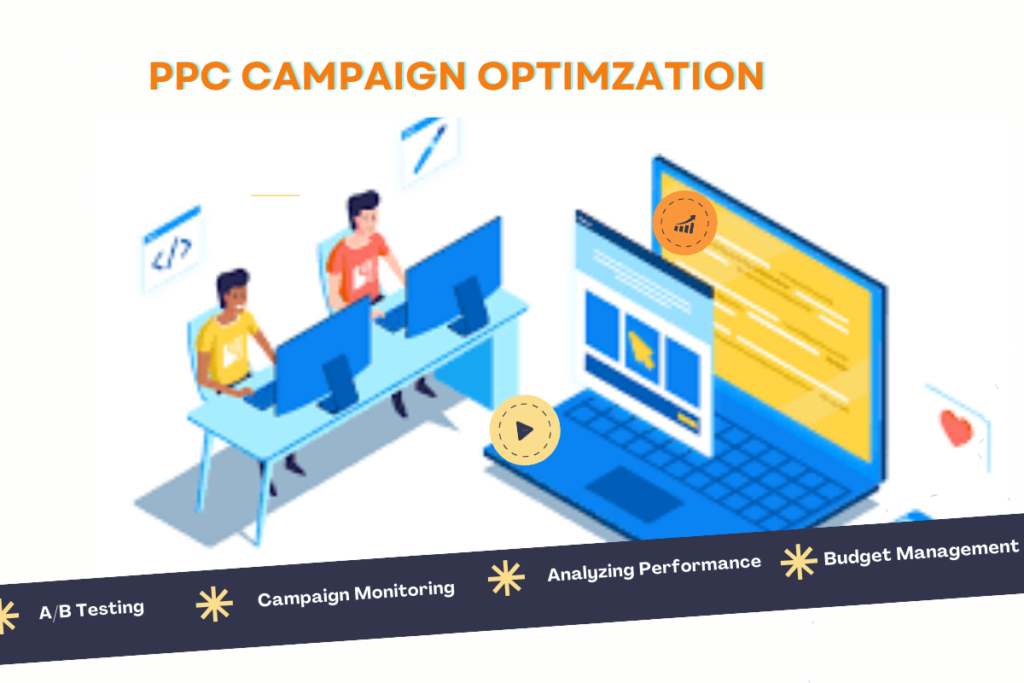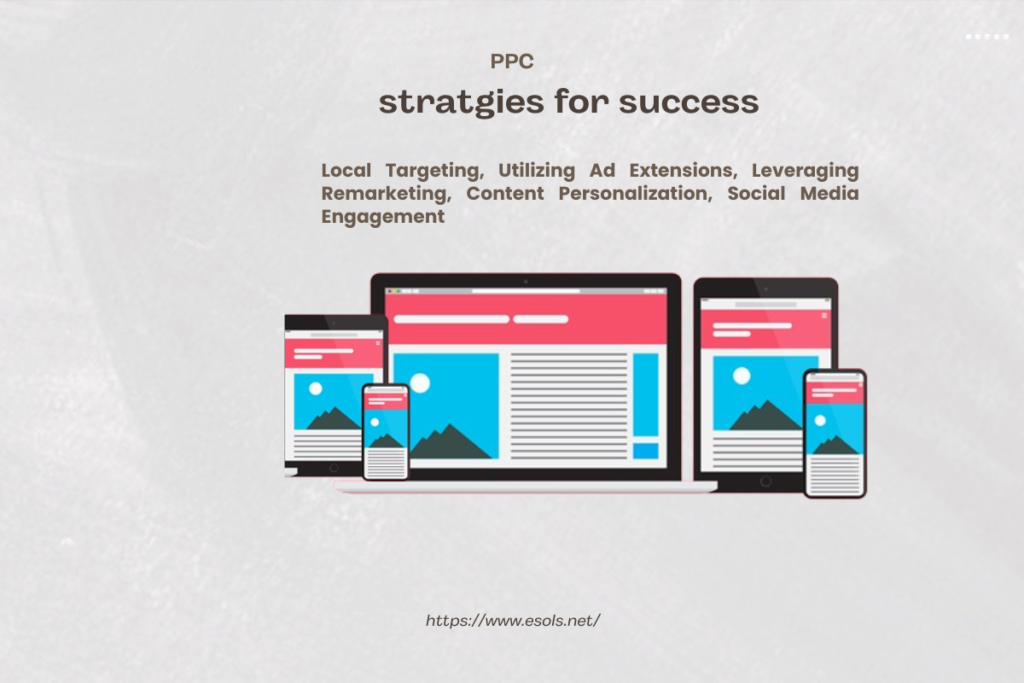Running a Pay-Per-Click (PPC) campaign can be a game-changer for startups looking to make their mark in the digital realm. In a world where online visibility is crucial, PPC offers an effective way to reach potential customers and drive traffic to your website. In this article, we’ll delve into PPC Campaign Setup up and optimizing a PPC campaign tailored specifically for startups.
Table of contents
PPC Campaign Setup
PPC is an online advertising model where advertisers pay a fee each time their ad is clicked. It’s a way of buying visits to your site rather than attempting to earn those visits organically. These ads typically appear at the top or bottom of search engine results pages (SERPs), making them highly visible to users actively seeking information related to your products or services.
Understanding the Importance of PPC for Startups

Cost-Effective Advertising
For startups with limited marketing budgets, PPC offers a cost-effective solution. Unlike traditional advertising methods that require hefty upfront investments, PPC allows you to set your budget and only pay when someone clicks on your ad. This pay-per-click model ensures that you’re only paying for tangible results, making it an ideal option for startups looking to maximize their ROI.
Immediate Results
One of the most significant advantages of PPC advertising is its ability to deliver immediate results. Unlike search engine optimization (SEO), which can take months to yield noticeable results, PPC campaigns can drive targeted traffic to your website within hours of launching. This instantaneous visibility can be invaluable for startups looking to generate leads and conversions quickly.
Setting Up Your PPC Campaign

· Defining Goals and Objectives
Before diving into PPC campaign setup, it’s essential to define clear goals and objectives. Whether your aim is to increase website traffic, generate leads, or boost sales, having a clear understanding of what you want to achieve will guide your campaign strategy and optimization efforts.
· Keyword Research
Keyword research lies at the heart of any successful PPC campaign. Start by identifying relevant keywords and phrases that potential customers are likely to use when searching for your products or services. Tools like Google Keyword Planner can help you uncover high-volume keywords with low competition, allowing you to target the most lucrative opportunities. In addition, there are numerous tools available for searching high volume and low competition keywords like SEMRush Ahrefs etc.
· Creating Compelling Ad Copy
Crafting compelling ad copy is crucial for capturing the attention of your target audience and enticing them to click on your ads. Focus on creating concise, persuasive messages that highlight the unique selling points of your products or services. Incorporate relevant keywords into your ad copy to improve ad relevance and quality score, ultimately driving better results.
Optimizing Your PPC Campaign

· A/B Testing
A/B testing, also known as split testing, involves comparing two versions of an ad or landing page to determine which performs better. By experimenting with different elements such as ad copy, headlines, and call-to-action buttons, you can identify the most effective strategies for maximizing click-through rates and conversions.
· Monitoring and Analyzing Performance
Continuous monitoring and analysis are essential for optimizing the performance of your PPC campaign. Keep a close eye on key metrics such as click-through rate (CTR), conversion rate, and cost per acquisition (CPA) to identify areas for improvement. Use this data to make informed adjustments to your campaign settings and bidding strategies, ensuring that you’re getting the most out of your advertising budget.
· Budget Management
Effective budget management is critical for ensuring the long-term success of your PPC campaign. Set realistic budget caps for your daily and monthly spending to avoid overspending or exhausting your budget too quickly. Allocate your budget strategically across different campaigns and ad groups based on performance data and campaign objectives.
Adapting Strategies for Startup Success

| Strategies | Description |
| Local Targeting | Utilize location-based targeting options to display ads to users within a specified radius of your business location. This increases visibility to potential customers in your target market. |
| Utilizing Ad Extensions | Enhance ad visibility and effectiveness by incorporating ad extensions such as sitelinks, callouts, and location extensions. These provide additional information and functionality to ads. |
| Leveraging Remarketing | Reconnect with users who visited your website but didn’t convert by serving targeted ads as they browse other sites. This keeps your brand top-of-mind and encourages return visits. |
| Content Personalization | Tailor content to specific audience segments based on demographics, interests, or behaviors. Personalized content increases engagement and conversion rates. |
| Social Media Engagement | Engage with your audience on social media platforms through interactive content, discussions, and customer support. Strong social media presence builds brand loyalty and trust. |
Conclusion
A well-executed PPC campaign can be a game-changer for startups looking to establish a strong online presence and drive meaningful results. By following the steps outlined in this article and adopting ppc strategies tailored to startup success, you can leverage the power of PPC advertising to reach your target audience, generate leads, and ultimately, achieve business growth.
FAQs
PPC involves paying for clicks on ads displayed in search engine results, while SEO focuses on optimizing your website to improve its organic ranking in search results.
The cost of running a PPC campaign varies depending on factors such as industry competitiveness, keyword demand, and advertising goals. Setting a budget that aligns with your objectives and monitoring your spending is essential to ensure optimal results.
Unlike SEO, which can take months to yield results, PPC campaigns can generate immediate traffic and results within hours of launch, making them an ideal option for startups looking for quick wins.
Ad extensions are additional information that enhances your ads, such as site links, callouts, and location extensions. They provide users with more information and opportunities to engage with your business, ultimately improving ad visibility and performance.


